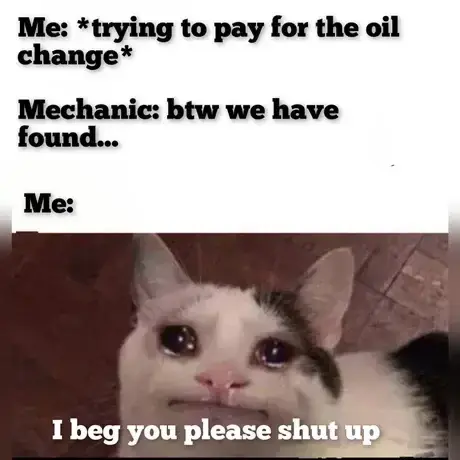this post was submitted on 15 Aug 2023
661 points (99.4% liked)
Memes
45646 readers
1220 users here now
Rules:
- Be civil and nice.
- Try not to excessively repost, as a rule of thumb, wait at least 2 months to do it if you have to.
founded 5 years ago
MODERATORS
you are viewing a single comment's thread
view the rest of the comments
view the rest of the comments

DC fast chargers cost something like $70k each. Hydrogen filling stations cost around a million each.
Also, with battery EVs home charging does most of the heavy lifting, you only use fast chargers for long trips. So just a handful of fast chargers on the main roads between cities makes battery EVs viable for a lot of people.
It's not enough to collect hydrogen, a filling station also needs to compress it to 10,000 PSI to actually get it into a vehicle's tank. So there's no home filling for fuel cell EVs, you need a similar footprint to gas stations. Nobody's interested in spending hundreds of billions of dollars building all those filling stations.
The difference with hydrogen stations is that the vehicle turnover would be incredibly higher despite the larger cost, similar to a regular gas station
It actually isn't. Hydrogen filling stations can only fill a couple of cars in a row before they need time to pump hydrogen from the storage tank to the buffer tank and compress and cool it to -40 degrees. So the number of cars they can handle in a day is not massively higher than a DC fast charger.
If it doesn't have time to prepare between vehicles, it starts taking 20 minutes to fill each vehicle.